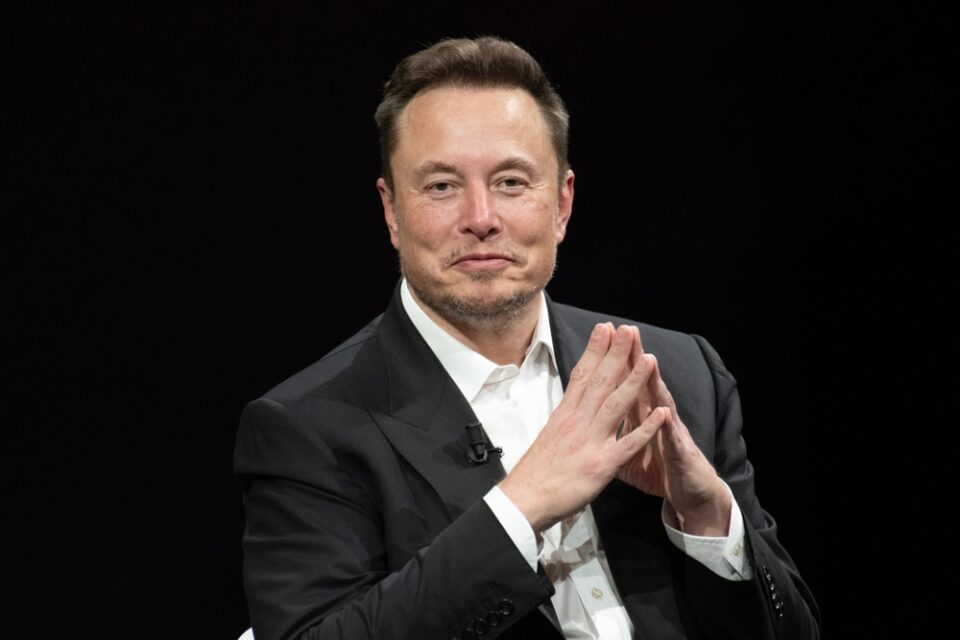Representative Marjorie Taylor Greene stirred up conversation this week by suggesting that Tesla CEO Elon Musk might make a solid pick for Speaker of the House. Greene, never one to shy away from unconventional ideas, floated the proposal on social media, arguing that Musk’s leadership could bring much-needed efficiency to Congress. Her comment came with a nod to “real government efficiency,” though her phrasing left some scratching their heads. Regardless, the idea is gaining traction among certain corners of the GOP, especially as frustrations with the current state of Washington grow louder.
The timing of Greene’s remarks is no coincidence. The government is once again teetering on the brink of a shutdown, with House Republicans divided over a continuing resolution to keep the lights on. The proposed stopgap bill, which includes a debt ceiling increase and a congressional pay raise, has been met with resistance from many GOP members. Unsurprisingly, it’s not winning much favor from conservatives who see it as yet another example of reckless spending and self-serving behavior from lawmakers. With the deadline to pass a resolution fast approaching, tensions on Capitol Hill are palpable.
Elon Musk, known for his unorthodox approach to leadership, has already chimed in on the controversy surrounding the stopgap bill. Teaming up with entrepreneur Vivek Ramaswamy, Musk took to social media to criticize the legislation, bringing even more attention to what many see as a bloated, misguided proposal. Their posts added fuel to the fire, amplifying the backlash against Congress and sparking further debate about the state of the federal government. Musk’s name being floated for Speaker has only added to the spectacle, with some conservatives relishing the idea of throwing a disruptor into the mix.
Adding to the drama, President Joe Biden returned to Washington from Delaware on Thursday as the looming shutdown casts a shadow over the nation’s capital. Meanwhile, Senator Rand Paul, never one to shy away from shaking up the status quo, also threw his support behind Musk as a potential Speaker candidate. Paul pointed out that the Speaker of the House doesn’t technically need to be a member of Congress, making Musk a viable option in theory. He suggested that Musk’s election would send the establishment—dubbed the “uniparty”—into a collective meltdown, a prospect that many of his supporters would no doubt find appealing.
The idea of Musk as Speaker may sound far-fetched, but in today’s political climate, stranger things have happened. Frustration with the status quo is at an all-time high, and the suggestion of an outsider stepping in to disrupt Washington’s well-worn routines is striking a chord with some conservatives. Whether or not Musk would even entertain the idea is another matter entirely, but the mere suggestion underscores the growing demand for leadership that prioritizes real accountability and efficiency over business as usual. For now, it’s a tantalizing “what if” in a political landscape already brimming with unpredictability.

